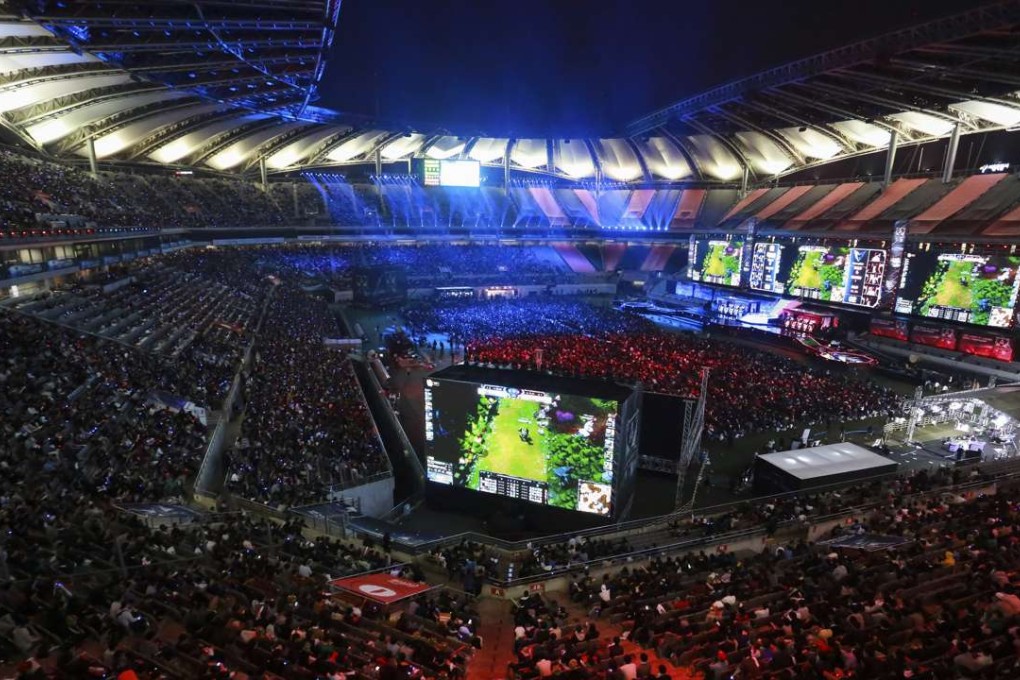Column | E-sports are heading to the Asian Games and probably Olympics – but cashing in on the revolution might be more difficult than it appears
Amid the rush to get on board the gold rush, there are many unanswered questions about professional video gaming

Like most people over the age of 30, it is safe to assume financial secretary Paul Chan Mo-po and Tourism Board chief Anthony Lau Chun-hon have only the vaguest notion of what e-sports is, though they are among Hong Kong officials earnestly talking it up recently.
They’ve heard what the rest of us have: those crazy millennials love it and there seems to be loads of money involved, so let’s get a piece.
To those of us not born in the 21st century, e-sports is basically professional competitive video gaming. But should we be taking it so seriously? Is it a sport? And how can we cash in?
Those questions were discussed a Business of Sports Network (BOSN) event at KPMG’s offices this week, attended by many from ‘traditional’ sports, plus staff from Riot Games, the Tencent-owned company that produces the most popular e-sports game in Asia, League of Legends, and officials from Cyberport, Hong Kong’s hi-tech hub which is researching possible benefits of e-sports.

Harmen Brenninkmeijer, managing partner of Dynamic Partners, hosted a fascinating panel with Derek Cheung, CEO of Hong Kong ESports, a leading local company, and Tom Broom, a senior VP at IMG, the sports marketing giant which is making moves into the field.
